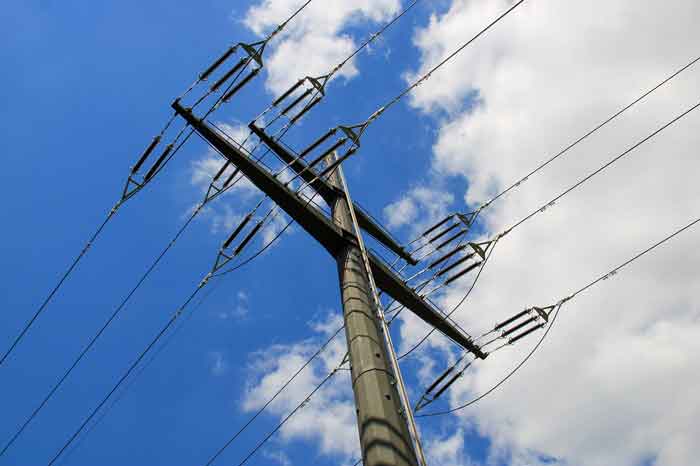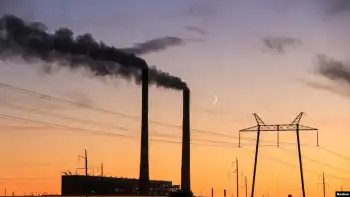Solar trend catches fire
CALIFORNIA - According to Rob Threlkeld, supply contracts and green initiatives manager with General Motors Corp., the Detroit automaker is looking to reduce the financial impact of peak utility rates and energy instability while simultaneously increasing the overall productivity of its global facilities - including millions of square feet of roof space - by installing thin-film solar panels on its plant roofs.
"The solar suppliers are interested in selling more of their product, we're obviously interested in installing more and we've got financiers who want to make a stable cash flow off of it," he says, "so between the three of us, we're running models to find out where it makes the most sense."
GM's Fontana, Calif., warehouse solar installation, completed through a partnership with Constellation Energy, is just one example of a hot trend that features manufacturers partnering with a growing number of companies that provide turnkey solar installations and power purchase agreements (PPAs).
This trend features high-profile manufacturers from PepsiCo Inc. to Estee Lauder Companies to Hewlett-Packard Co., which recently installed a large-scale solar power installation through a PPA with SunPower Corp., that features 5,000 solar panels atop its R&D manufacturing site in San Diego, Calif.
"Regardless of what they may believe about global warming, CEOs want to be green because their supply chain and customers want them to, but they don't want to waste money," says Tom Hunton, president of American Capital Energy. "With solar, not only can they be green, but they can have solid ROI, with an average three- to five-year payback on many projects."
As hot as it is, solar is just one face of a green energy explosion, as other manufacturers choose on-site wind turbines (including rooftop "architectural wind" installations) and co-generation, while still others leverage nearby landfills and turn manufacturing byproducts into power.
With renewable energy mandates in the works worldwide, competition among green energy providers is likely to continue to heat up. And as costs fall, manufacturers squeezed between rising energy costs and carbon risk should see expanded access to increasingly viable renewable alternatives.
Related News

Medicine Hat Grant Winners to Upgrade Grid and Use AI for Energy Savings
MIAMI - The city of Medicine Hat, Alberta, is taking bold steps toward enhancing its energy infrastructure and reducing electricity consumption with the help of innovative technology. Recently, several grant winners have been selected to improve the city's electricity grid distribution and leverage artificial intelligence (AI) to optimize energy use. These projects promise to not only streamline energy delivery but also contribute to more sustainable practices by reducing energy waste.
Advancing the Electricity Grid
Medicine Hat’s electricity grid is undergoing a significant transformation, thanks to a new set of initiatives funded by government grants. The city has long been known…




